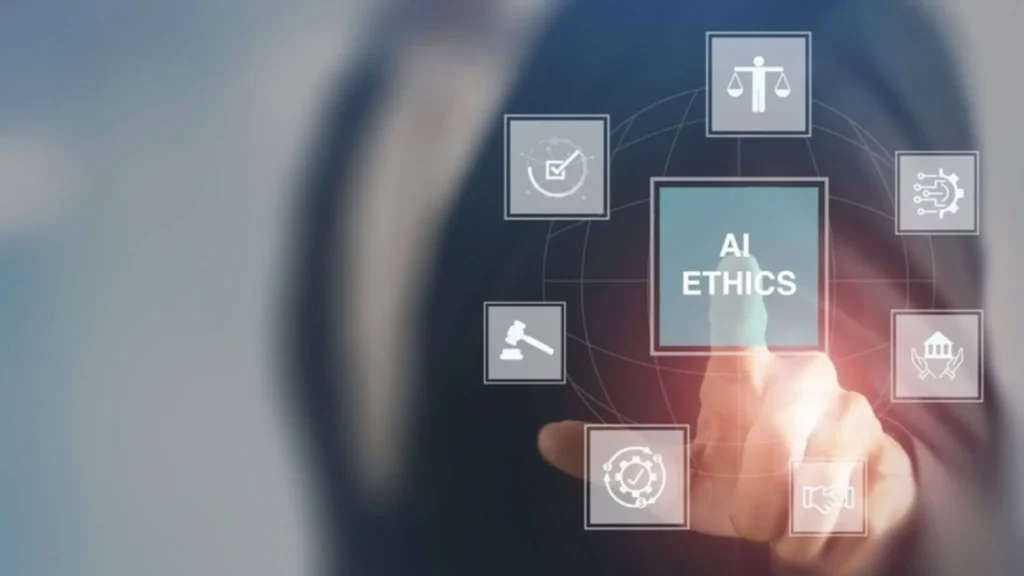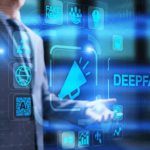Artificial intelligence (AI) has made tremendous progress in recent years and is being applied in many areas of our lives. However, as AI systems become more advanced and autonomous, it is crucial that we develop them and use them in an ethical manner. This is where the concept of “Ethical AI” comes in.

Content
What is Ethical AI?
Ethical AI refers to the idea that as artificial intelligence systems become more sophisticated, powerful, and directly involved in human lives and society, we must ensure they are developed and applied in a way that values humanity. The goal of Ethical AI is to align the behavior and outputs of AI with human ethics and preferences to benefit humanity.
Potential Harms of Unethical AI
If not developed responsibly, AI could potentially cause various harms. For example, biased training data could result in systems that discriminate against certain groups. Lack of transparency in complex AI systems could erode trust and accountability. Advanced autonomous weapons could lower the threshold for conflict. To avoid such issues, the Ethical AI community advocates for principles like fairness, safety, transparency and accountability.
Ensuring Fairness and Non-Discrimination
One key aspect of developing AI ethically is ensuring systems are fair and do not discriminate against or disadvantage certain groups. Researchers are exploring techniques like algorithmic fairness to address issues arising from biases in training data. Sites like bestpromptaihub.com provide guidance and checklists on how to audit AI systems and address unfair outcomes. Continuous evaluation of real-world impacts is also important to ensure systems remain fair over time as the environment changes.
Promoting Transparency and Explainability
For AI to be trusted, its decisions and recommendations must be understandable by those affected. Researchers are working on techniques like model cards and data sheets to document key properties of AI systems and make them more transparent. Explainable AI techniques aim to shed light on the process by which complex systems derive their outputs. This helps ensure systems are functioning as intended and decisions can be properly interpreted, reviewed or contested.
Avoiding Harmful Applications
While AI can potentially be applied to improve many aspects of life, we must be mindful of certain high-risk uses that could seriously threaten human well-being, safety or dignity. For example, lethal autonomous weapons should be avoided due to concerns around responsibility, accountability and escalation of conflicts. Similarly, mass surveillance systems that infringe basic privacy and enable authoritarian control should be opposed. The development of beneficial applications that respect human values is preferable.
Ensuring Oversight and Accountability
As AI systems become more autonomous and impactful, proper oversight and accountability mechanisms need to be established. Researchers advocate for approaches like constitutional AI that subject advanced systems to constraints reflecting basic human rights and values. Independent review boards can help evaluate new AI techniques for risks. Regulators are exploring options like “AI impact assessments” to ensure systems are developed and applied responsibly. Overall accountability for AI systems must be clearly defined.
In conclusion, as artificial intelligence progresses, developing and applying it in an ethical manner should be a top priority. The principles of fairness, transparency, safety and accountability provide a framework for progressing Ethical AI. With diligent effort from researchers, companies and policymakers, we can help ensure AI augmentation enhances humanity instead of posing new risks. The development of beneficial applications that respect human values in line with the goals of Ethical AI will be crucial for a prosperous future with artificial intelligence.
FAQs
What are some examples of unethical uses of AI?
Some potential unethical applications of AI include using it to enable mass surveillance, automate social media filtering or develop autonomous weapons without proper safeguards. Biased training data could also result in discriminatory recommendations from hiring or credit scoring systems. Overall, any use of AI that seriously threatens human autonomy, privacy, safety, fairness or dignity without sufficient oversight should be considered unethical.
How can individuals and organizations contribute to developing Ethical AI?
Individuals can support efforts to develop AI responsibly by learning about issues, participating in public discussions, and choosing to use applications from companies with strong ethical stances. Organizations can institute fairness and accountability processes in their work, publish model cards and data sheets, avoid harmful uses, and engage with independent oversight and impact assessments. Overall, raising awareness and prioritizing human well-being at every stage of the development process is key to progressing Ethical AI.

Jose Kolb is a wonderful person. He is very nice and always willing to help out! He loves his job because it lets him share interesting things with people who want to know about new developments in the world of technology.



